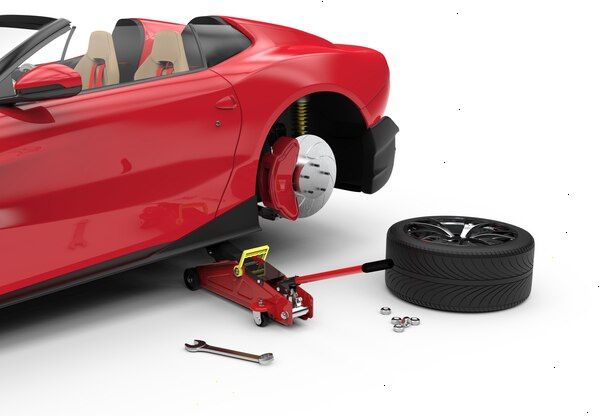Top 10 Modern CarPlay Features You Need to Know

The electric vehicle (EV) industry has advanced at an astonishing pace over the last decade, transitioning from a niche market to a cornerstone of modern transportation. This transformation has been driven by technological advancements, environmental concerns, and shifts in consumer behavior. As we delve into the latest trends in electric vehicles, it becomes evident how far the industry has come and the exciting prospects it holds for the future.
One of the most significant trends is the continuous improvement in battery technology. Next-generation batteries, including solid-state and graphene-based batteries, promise greater energy density, faster charging times, and longer lifespans. This technological evolution is crucial for addressing range anxiety, a common concern among potential EV buyers. Enhanced battery performance also reduces the overall weight of vehicles, contributing to better energy efficiency and driving dynamics.
Charging infrastructure has also seen remarkable expansion and innovation. The proliferation of fast-charging networks across urban and rural areas is making it more convenient than ever to own and operate an electric vehicle. Companies like Tesla, Electrify America, and Ionity are leading the charge in building extensive, high-speed charging networks. Wireless charging and vehicle-to-grid (V2G) technology are also emerging trends that promise to revolutionize the way EVs are integrated into our daily lives and energy ecosystems.
Another notable trend is the diversification of electric vehicle models. Automakers are no longer limited to compact cars; they are introducing a wide range of electric SUVs, trucks, and even performance cars. This diversification is crucial for attracting a broader audience, as it provides options for various needs and preferences. For instance, the introduction of electric pickup trucks, such as the Rivian R1T and the Ford F-150 Lightning, is opening up the EV market to a demographic that values power and utility.
Autonomous driving technology is becoming increasingly intertwined with electric vehicles. Many EV manufacturers are investing heavily in self-driving capabilities alongside their electric powertrains. The synergy between EVs and autonomous driving is symbiotic; electric powertrains are simpler and more compatible with the complex systems required for autonomous driving. As a result, we are witnessing a growing number of electric vehicles equipped with advanced driver-assistance systems (ADAS) and full self-driving (FSD) features.
Sustainability and ethical sourcing are gaining prominence as consumers become more environmentally conscious. The industry is focusing not only on reducing emissions but also on ensuring that the production and disposal of EVs have a minimal environmental impact. Automakers are committing to using recycled materials and ethical supply chains for sourcing critical minerals like lithium, cobalt, and nickel. Additionally, lifecycle assessments are becoming a standard practice to evaluate the environmental footprint of electric vehicles from production to disposal.
Government policies and incentives continue to play a pivotal role in shaping the EV landscape. Many countries have set ambitious targets for phasing out internal combustion engine (ICE) vehicles and promoting electric mobility. Subsidies, tax incentives, and other financial benefits are making EVs more accessible and affordable for consumers. Moreover, regulatory measures aimed at reducing carbon emissions are encouraging automakers to accelerate their lkgpm to electric powertrains.
Lastly, the concept of mobility-as-a-service (MaaS) is gaining traction, with electric vehicles playing a central role. Ride-sharing platforms and car rental services are increasingly incorporating EVs into their fleets. This trend not only promotes the adoption of electric vehicles but also addresses urban congestion and pollution, making cities cleaner and more liveable.
In conclusion, the electric vehicle industry is experiencing a dynamic and multifaceted evolution. From advanced battery technology and expanded charging infrastructure to diverse vehicle offerings and integrated autonomous driving systems, the trends shaping the future of EVs are both exciting and transformative. As the world continues to embrace sustainable transportation, the electric vehicle market is poised to grow, innovate, and redefine the way we think about driving.